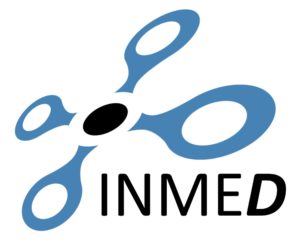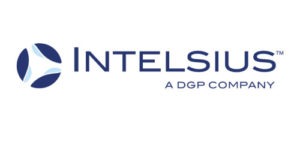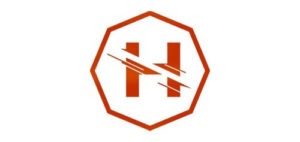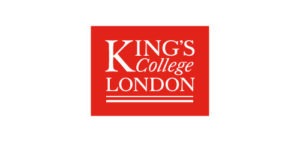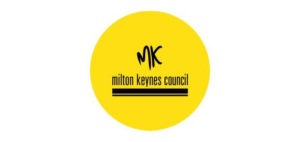InMed
InMed is a consortium that aims to showcase the advantages of using drone technology to support healthcare services worldwide.
InMed hopes to identify and overcome the key obstacles currently making large-scale drone usage impossible in this sector by working closely with real users in U.K healthcare services.
By reviewing infrastructure, regulation, and real user challenges, the work completed by InMed could pave the way for drone usage in healthcare in the near future.
Keep up with InMed’s progress by bookmarking this page and following Intelsius’ LinkedIn and Twitter social channels.

End-User Benefits
Automated drone deliveries could drastically improve healthcare services. Some of the potential benefits include the following:
- Improve the delivery time of critical supplies, specifically in densely populated areas
- Reduce the reliance on a single transportation method
- Support environmental change through the reduction in road congestion
- Decrease the time patients need to wait for drug delivery
- Reduce costs by increasing efficiency
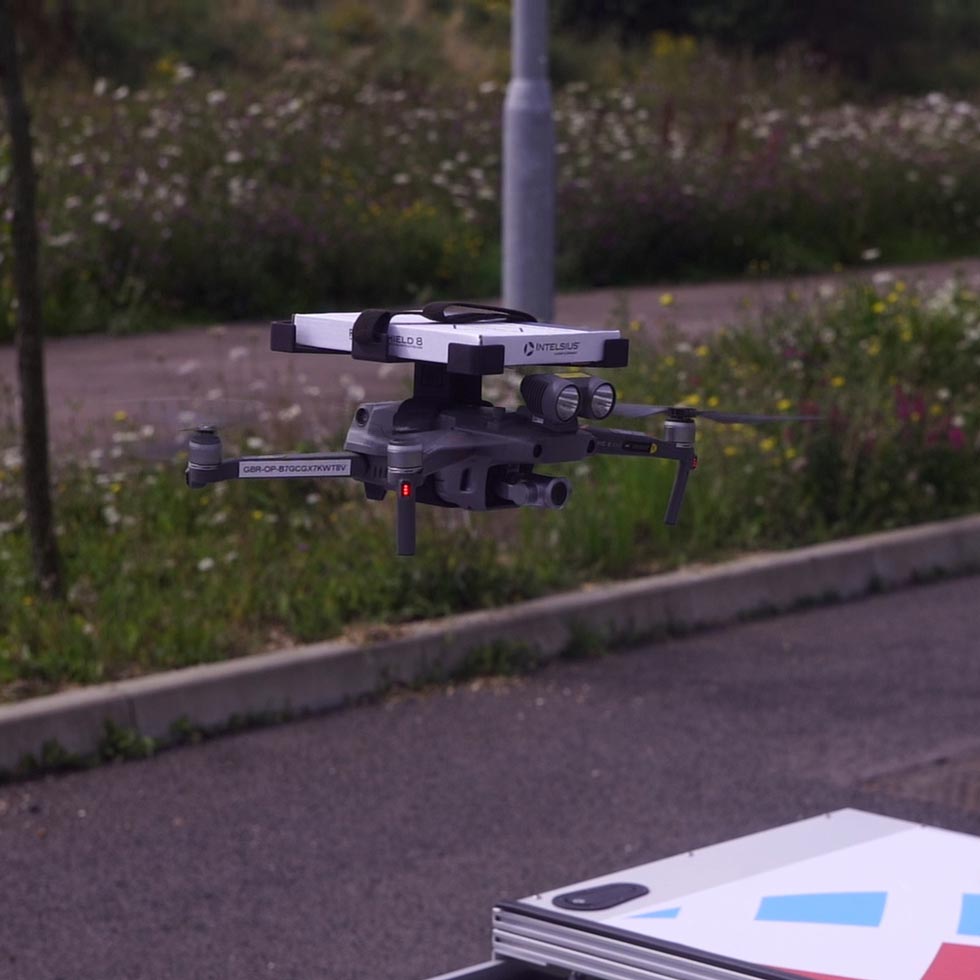
Supporting Drone Integration in Healthcare
InMed is completing six work packages to address key obstacles in drone healthcare transportation.
Work Package 1: Create a template for Standard Operating Procedures (SOPs) for routine drone-enabled delivery operations through direct engagement with hospitals, NHS Trusts, and blood banks. Integration within existing (medical) end-user operational practices. Support compliance requirements relating to the movement and safe distribution of blood products, orthopaedic prosthetics, and other medical supplies, addressing ethical risks. Critical peer and stakeholders review real-life testing for robustness, evaluation and validation. Build end-users trust, accelerate acceptance of the solution, and anticipate service scalability requirements.
Work Package 2: Technical design and development of the drone docking station, medical packaging solution and web-based SOP (WP1) service across applications that enable the routine launch and receipt of a medical package (blood) from the on-campus location using the SOP operated by the centre/hospital employees. For the purpose of the trial, the package will be of no medical value.
Work Package 3: Demonstrating the launch and receipt of a medical use package via drone take-off and landing from/to a medical centre or hospital using the Standard Operating Procedures (WP1) operated by centre/hospital employees with the drone docking station, medical package solution and SOP service app from WP2.
Work Package 4: Based on initial requirements and scenario analysis, undertake airspace management, navigation and communications simulations of real-life centre-to-centre BVLOS (Beyond Visual Line of Sight) flight operations across city and urban landscapes will be performed (typically > 30 miles), allowing for flexible analysis of risks during the drone flight.
Work Package 5: Through structured and statistically significant national surveys and interviews of key stakeholders across all parts of the national hospital network, establish an understanding of the extent, nature and timing of the need for medical drone delivery services within the U.K.
Work Package 6: Communication of project knowledge gained to industry (aviation), regulators, government and medical communities to accelerate early adoption at a national level.
InMed consortium members
Industry
Intelsius are proud to be leading the InMed project. We are a leading medical temperature-controlled packaging company. Our packaging is currently in heavy demand in the fight against COVID-19, and you can learn more about our COVID-19 packaging solutions here. In addition, our teams have worked on the vaccine drone delivery project backed by UNICEF in Vanuatu.
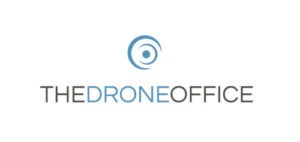 The Drone Office draws on 20 years of professional background in the Technology, Defence & Aerospace industries within the advancement of autonomous systems. The Drone Office has direct experience in BVLOS flight testing within Europe. It has been working with medical end-users on medical drone delivery for over a year, helping to bridge the gap between the two ecosystems.
The Drone Office draws on 20 years of professional background in the Technology, Defence & Aerospace industries within the advancement of autonomous systems. The Drone Office has direct experience in BVLOS flight testing within Europe. It has been working with medical end-users on medical drone delivery for over a year, helping to bridge the gap between the two ecosystems.
HEROTECH8 is a robotics start-up developing automated drone-in-a-box or drone docking station technology, enabling drones to be automatically deployed, flown, recovered and recharged without the need for an on-site pilot. HEROTECH8’s team has successfully deployed our drone-in-a-box technology in the U.K., U.S. and Europe.
Academia
 As a specialist postgraduate university, Cranfield’s world-class expertise, large-scale facilities, and unrivalled industry partnerships create global leaders in technology and management.
As a specialist postgraduate university, Cranfield’s world-class expertise, large-scale facilities, and unrivalled industry partnerships create global leaders in technology and management.
King’s Innovation Institutes work to encourage innovation and create impact. Whether by accelerating the translation of health research into marketable products, helping turn our research into actionable policy or facilitating collaborations between the university and the cultural sector.
Support/Government
Milton Keynes Council offers government and logistical support throughout the project, providing further insight into how the NHS operates and offering administrative support.
Milton Keynes University Hospital is supporting the project by offering a real-use case where drones could be highly beneficial to the healthcare system. Due to road congestion and other factors, getting supplies and test samples between the hospital and labs can be time-consuming and inefficient. Milton Keynes University Hospital believes that by utilising drone technology, significant benefits could be achieved; they join as a partner to the consortium with the hope of conducting test flights at their hospitals by mid-2022.
